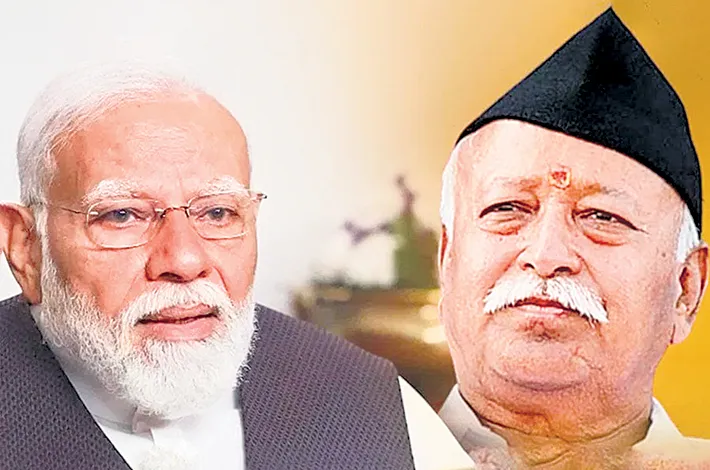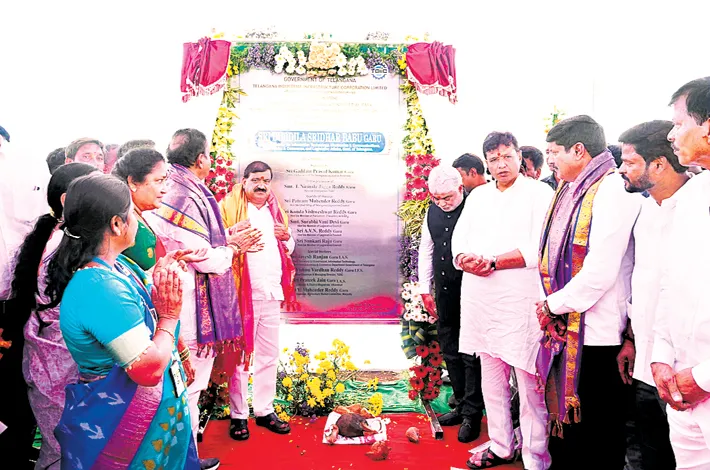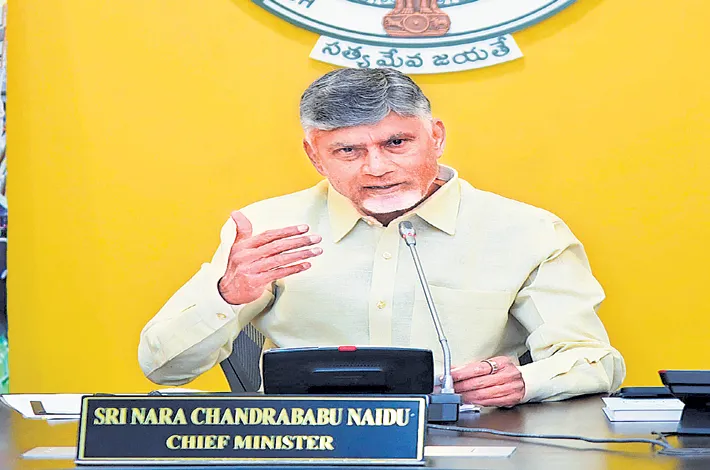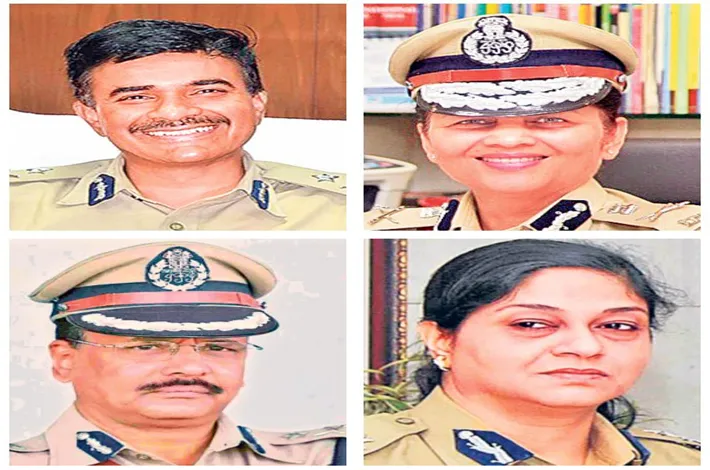Modi Grants Armed Forces Full Operational Freedom
30-04-2025 12:00:00 AM
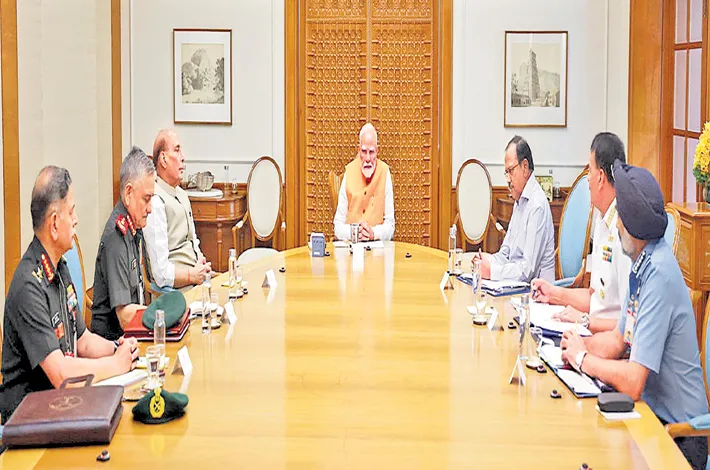
metro india news I hyderabad
In a decisive move signalling India’s unwavering resolve to combat terrorism, Prime Minister Narendra Modi on Tuesday chaired a high-level meeting with the country’s top defence and security officials, granting the armed forces “complete operational freedom” to determine the mode, targets, and timing of India’s response to the devastating Pahalgam terror attack in which 26 civilians died.
The meeting, held at the Prime Minister’s Office, was attended by key figures including Defence Minister Rajnath Singh, National Security Advisor Ajit Doval, Chief of Defence Staff General Anil Chauhan, and the chiefs of the Indian Army, Navy, and Air Force—General Upendra Dwivedi, Admiral Dinesh K Tripathi, and Air Chief Marshal Amar Preet Singh, respectively. Government sources revealed that the discussions centered on formulating a robust counteraction to the attack, which has sparked nationwide outrage and intensified calls for decisive retaliatory measures against the perpetrators and their backers.
“They have complete operational freedom to decide on the mode, targets, and timing of our response,” Modi was quoted as saying by a senior government official. This statement underscores the government’s trust in the military’s ability to deliver a precise and impactful response, while also signalling India’s intent to act decisively against those responsible for the attack.
Modi reiterated his commitment to pursuing the terrorists and their patrons “to the ends of the earth,” vowing to inflict punishment “beyond their imagination.” While the Prime Minister did not explicitly name Pakistan, his reference to the “patrons” of terrorism was widely interpreted as a pointed allusion to India’s western neighbor, which has long been accused of sponsoring terror activities in Jammu and Kashmir. Pakistan has consistently denied these allegations, but India’s stance has hardened in recent years, particularly following high-profile attacks like the 2016 Uri attack and the 2019 Pulwama bombing.
The brutality of the assault, coupled with its targeting of innocent civilians, has reignited public anger and fuelled demands for a strong retaliatory response. Social media platforms, particularly X, have been abuzz with hashtags like #JusticeForPahalgam and #IndiaFightsTerror, reflecting the public’s sentiment. Protests have erupted in cities like Mumbai, Bengaluru, and Srinagar, with citizens calling for swift action against the perpetrators and their supporters.
Preliminary investigations suggest the involvement of a Pakistan-based terror outfit, with Lashkar-e-Taiba and Jaish-e-Mohammed being the primary suspects. Intelligence agencies are also probing the role of local facilitators who may have provided logistical support to the attackers. The attack’s sophistication, including the use of advanced weaponry and precise targeting, has raised concerns about the evolving nature of terrorism in the region.
India’s diplomatic and strategic moves
The decision to put the Indus Waters Treaty (IWT) in abeyance, a move that has far-reaching implications for bilateral relations. The IWT, signed in 1960, governs the sharing of waters from six rivers between India and Pakistan. By suspending cooperation under the treaty, India has signalled its intent to leverage all available tools to isolate Pakistan on the international stage.
Additionally, India has intensified its diplomatic outreach, raising the issue of Pakistan-sponsored terrorism at multilateral forums. External Affairs Minister S. Jaishankar has held talks with counterparts in the United States, Russia, and the European Union, urging them to designate Pakistan-based terror groups as global terrorist entities. India has also sought to strengthen its case at the Financial Action Task Force (FATF), where Pakistan’s compliance with anti-terror financing norms remains under scrutiny.
Parallel to the high-level defense meeting, Union Home Secretary Govind Mohan chaired a separate meeting with the chiefs of the Central Reserve Police Force (CRPF), Border Security Force (BSF), Indo-Tibetan Border Police (ITBP), and senior officers from the Intelligence Bureau (IB) and Research and Analysis Wing (RAW). While the agenda was not officially disclosed, sources suggest the discussions focused on strengthening internal security, enhancing intelligence-sharing, and preventing further attacks in vulnerable regions.
The Jammu and Kashmir Police, in coordination with central agencies, have launched a massive crackdown on suspected terror sympathizers in the Kashmir Valley. Over 50 individuals have been detained for questioning, and security forces have intensified patrolling in tourist-heavy areas like Gulmarg, Sonamarg, and Srinagar.
Prime Minister Modi’s assertion of “complete operational freedom” for the armed forces has set the stage for a potentially significant counterterrorism operation. The coming days will reveal the nature and scale of India’s response, as the nation mourns its losses and rallies behind its resolve to eradicate terrorism from its soil.





